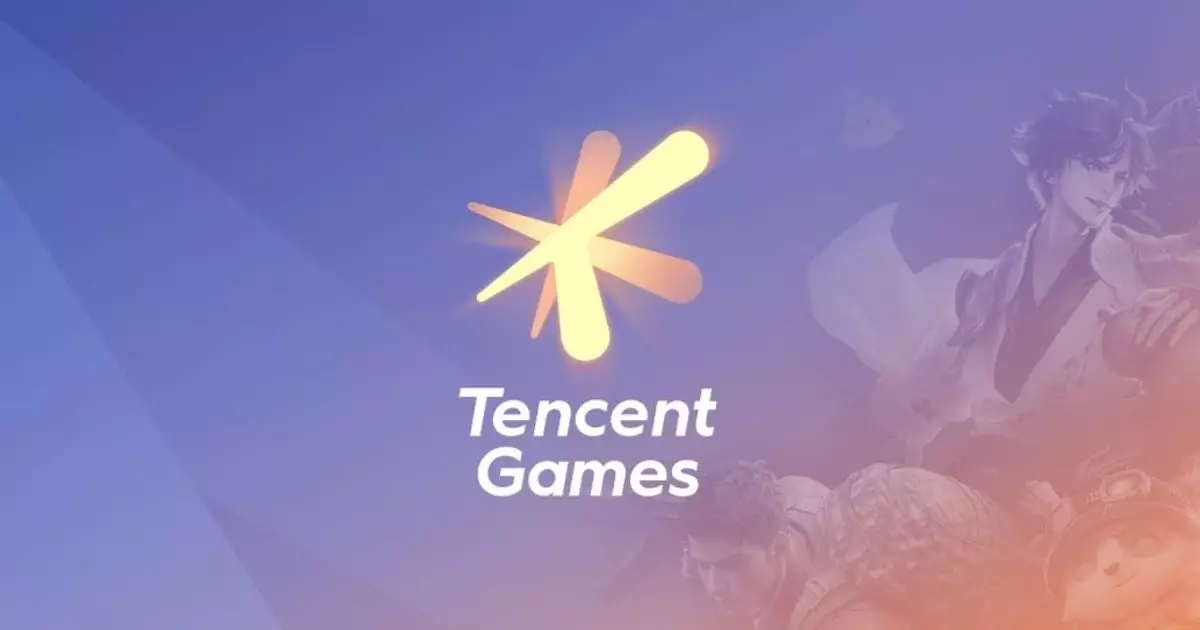Tencent, a titan in the gaming industry, has profoundly influenced global entertainment through its extensive portfolio of titles. From the popular “League of Legends” to the immersive world of “Path of Exile,” Tencent has solidified its reputation as a leading game developer and publisher. However, its success brought with it scrutiny and complexities, particularly regarding its relationship with the Chinese government. The recent designation of Tencent as a Chinese military company by the U.S. federal government has ignited a dialogue about the blurred lines between civilian technology and military application, raising concerns over the implications for international business relations and trade.
The inclusion of Tencent on the U.S. military company list is a reflection of broader geopolitical tension and the U.S. government’s stance on perceived threats from China. This categorization underscores the U.S. administration’s concerns about the potential intersection between China’s military and its civilian technology sectors. The Department of Defense claims that certain Chinese companies, including Tencent, contribute to the military-civil fusion strategy— a method whereby the boundaries separating civilian and military technologies are increasingly blurred. This policy creates apprehension within the U.S. about whether these companies inadvertently or deliberately support the Chinese armed forces.
The U.S. government’s mechanisms, including the specific designation of the “Chinese Military Company List,” aim to limit the defense-related engagement with entities that may pose a risk to U.S. national security. While Tencent maintains that its business operations are purely civilian, concerns linger over its connections to government-backed initiatives in China. This dichotomy sets the stage for a contentious dispute that could impact Tencent’s international operations.
Tencent’s Response: Legal Repercussions and Misunderstandings
In light of the designation, Tencent has swiftly articulated its stance through various channels, emphasizing that the classification results from a misunderstanding. The company’s leadership, spearheaded by Chairman Ma Huateng, has proclaimed readiness to engage in legal action if this issue is not resolved amicably. Their lengthy statement reiterated that Tencent is not involved in any military endeavors and is not a participant in the military-civil fusion system as described by the U.S.
The firmness in Tencent’s position is indicative of the larger trend among Chinese firms that find themselves under increasing scrutiny from the U.S. government. Companies like drone maker DJI and Lidar manufacturer Hesai Technologies have also challenged similar designations in court, highlighting a growing pattern of legal resistance from Chinese enterprises in the face of U.S. listings. Such legal battles illustrate the precarious nature of international trade, particularly when national security concerns intersect with business operations.
The friction between the U.S. and Chinese tech sectors exemplifies an ongoing geopolitical conflict that transcends mere business disputes. As countries navigate the intricate dynamics of military and civilian partnerships, the repercussions extend beyond individual corporations. The possibility of lengthy legal proceedings could deter future collaborations between Chinese and U.S. companies, thereby fracturing relationships that have burgeoned in recent years.
Additionally, as more Chinese companies contest their classifications as military-backed entities, the U.S. may face challenges in enforcing these regulations effectively. The potential for a protracted legal landscape also adds uncertainty to the technology sector’s development trajectory, as companies might be hesitant to invest in research or collaborations that could draw scrutiny. This ongoing conflict signifies a worrying trend: national security perspectives are increasingly influencing the global business climate, with implications for innovation and cross-border investments.
As Tencent embarks on a journey to rectify its classification, it finds itself at the nexus of political intrigue and commercial strategy. The outcome of this dispute, whatever it may be, will indubitably impact not just Tencent but also other tech companies facing similar predicaments. The delicate web of international relations, enhanced by overlapping military and civilian interests, will continue to shape the landscape of global business, illustrating that in this age of technological advancement, clarity and understanding are more crucial than ever. As businesses expand globally, they must remain acutely aware of the intricate layers that govern international relations and adapt accordingly to navigate these evolving challenges.

